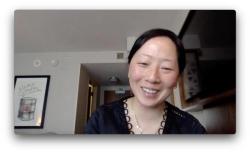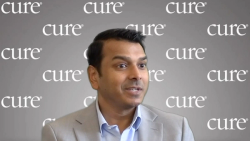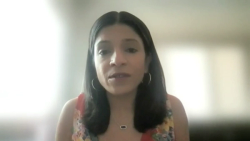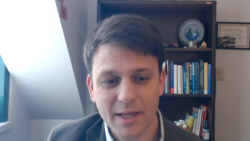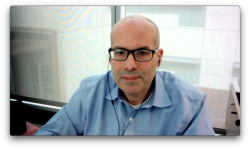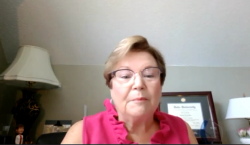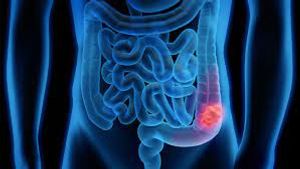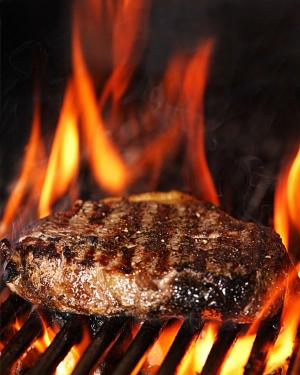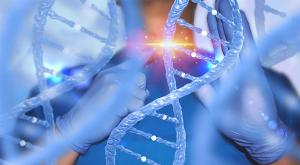Recovering From Esophageal Cancer Surgery is ‘Grueling’ But Doable, Says Survivor
An esophageal cancer survivor noted that recovering from surgery to treat the disease was “grueling,” but he said he was eventually able to return to some normalcy with his ability to eat his favorite foods.
Although extremely difficult, recovery from early-stage esophageal cancer surgery is possible.
With minor changes to eating habits, the right multidisciplinary care team and time, patients may be able to return to enjoying the same foods they did before their cancer diagnosis.
For 60-year-old New Jersey-based chef Antonio Goodman, this was a huge relief.
Goodman was originally diagnosed with Barrett’s esophagus (a condition where the esophagus is damaged by acid reflux) before an endoscopy in December 2021 revealed the presence of stage 1 esophageal cancer.
“The only saving grace was that it was stage 1,” Goodman said in an interview with CURE®. “The PET scans showed that it did not spread. Though I didn’t need any chemo or radiation, I did need surgery.”
Goodman underwent a six-hour robotic surgery at NYU Langone Health in New York City, led by Dr. Paresh C. Shah.
“The treatment (for esophageal cancer) is so much better now than it was before,” Shah said in an interview with CURE®. “From the surgery perspective, we’re able to do the surgery minimally invasively through robotic surgery and the minimally invasive surgery allows patients a faster recovery, faster return to their normal lives, less time in the hospital (and) less blood loss.”
In Goodman’s case — and Shah said that this can be expected for most patients who are diagnosed with esophageal cancer — before surgery he met with a surgeon, oncologist, nurse and nutritionist to learn about what surgery and its recovery would look like.
“The reality is you're eating the same way,” Shah explained. “We don't change how you chew or how you swallow. But the mechanism of swallowing does change, the food is going in a different way than it did before. The stomach's not the same. So, your capacity to eat is a lot less. Learning what full feels like is different, and changes over time.”
Goodman remembered that the first few days after surgery were “grueling,” as he was unable to swallow. Then, about four days later, he was allowed to drink some water to ensure that there was no leakage. Once that was cleared, he was put on a liquid diet.
Eventually, Goodman was able to return to eating his favorite foods — which was majorly important for Goodman, whose career is in the kitchen preparing food — though he did have to change the way he was actually ingesting the food.
“There were some rules of engagement that I had to abide by. The first one was no more big portions,” Goodman said. “It’s pretty much small and slow — small meals eaten slowly throughout the day.”
Goodman explained that after surgery, there were no more muscle contractions bringing food down the throat into the stomach. Instead, food moved through this process by gravity, which, at first, he said was an odd sensation.
“They're learning their new anatomy, their new plumbing as it were,” Shah concluded. “But the good news is that the plumbing adapts also. When you get to be a couple of months out from surgery, for most people, it feels completely normal.”
For more news on cancer updates, research and education, don’t forget to subscribe to CURE®’s newsletters here.
Related Content
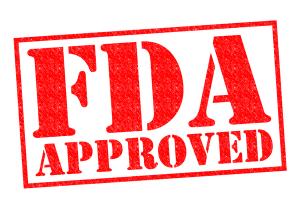 FDA Approves Imfinzi Plus Chemo in GC/GEJC
FDA Approves Imfinzi Plus Chemo in GC/GEJCNovember 25th 2025
 Stage 4 Colon Cancer
Stage 4 Colon CancerDecember 26th 2019
View additional resources on CureToday.com


